
BLOG
Phosphorous in Beverages: Benefits, Risks, and How to Control Your Phosphorous Intake
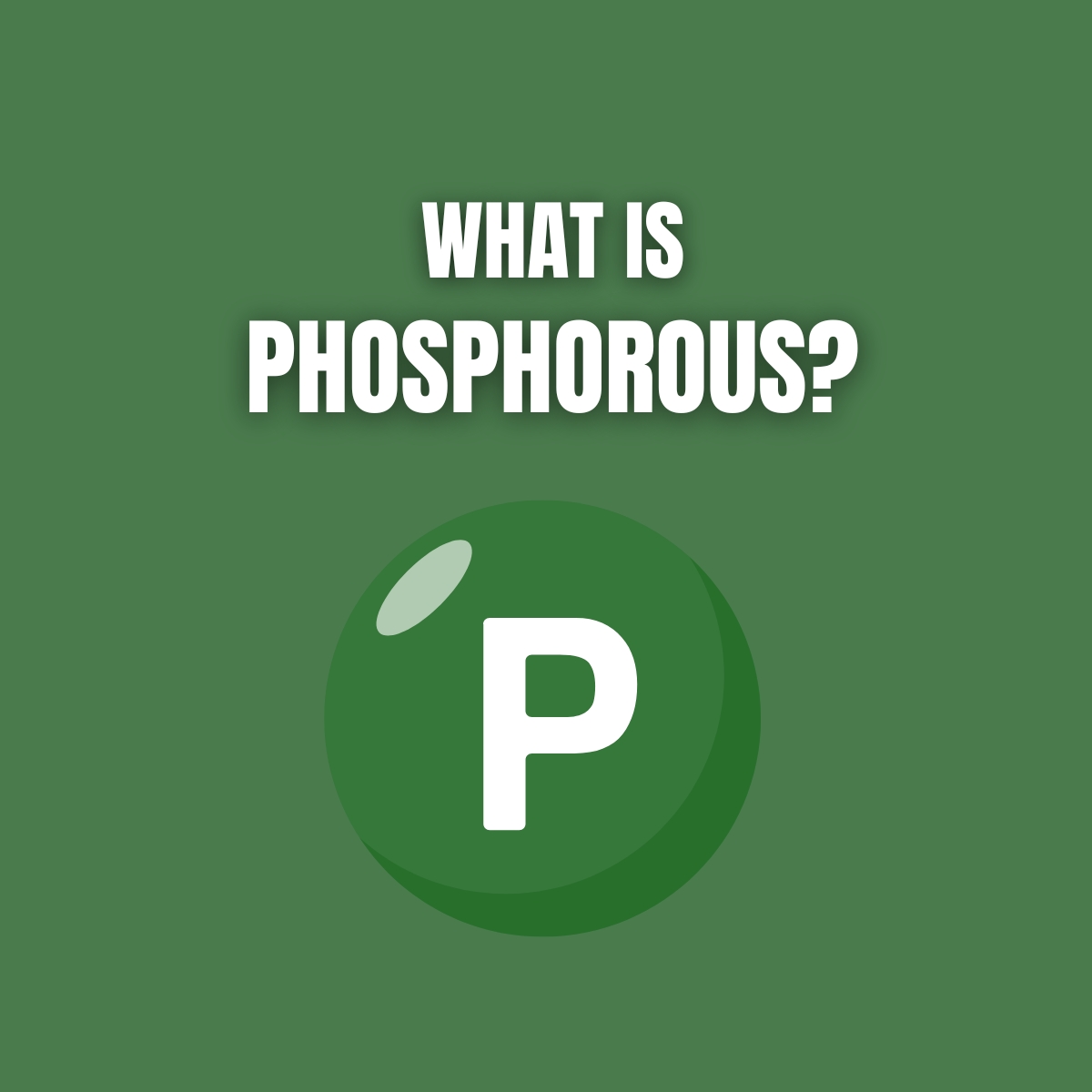
Phosphorous, found in many popular carbonated soft drinks and energy drinks, is often added in the form of phosphoric acid. While it helps enhance the taste and preserve the drink, it’s important to note that consuming too much phosphorous can lead to significant health consequences. This essential mineral plays a key role in bone health and energy production, but like anything, moderation is key. In this article, we’ll explore the role of phosphorous in beverages, its potential benefits and risks, and offer tips on how to manage your phosphorous intake for better overall health. Whether you enjoy fizzy drinks or are looking to make healthier choices, understanding how phosphorous affects your body is essential.
1. Phosphorus & The Important Role in the Body
Phosphorus is an essential mineral in the body, accounting for about 1% of body weight and is primarily found in the bones and teeth as phosphate. Phosphorus plays a crucial role in maintaining healthy bones and teeth, is involved in energy production through ATP (adenosine triphosphate), and supports cellular processes and metabolic functions. However, many people don’t realize that phosphorus isn’t only found in food but also in many beverages, particularly carbonated soft drinks.
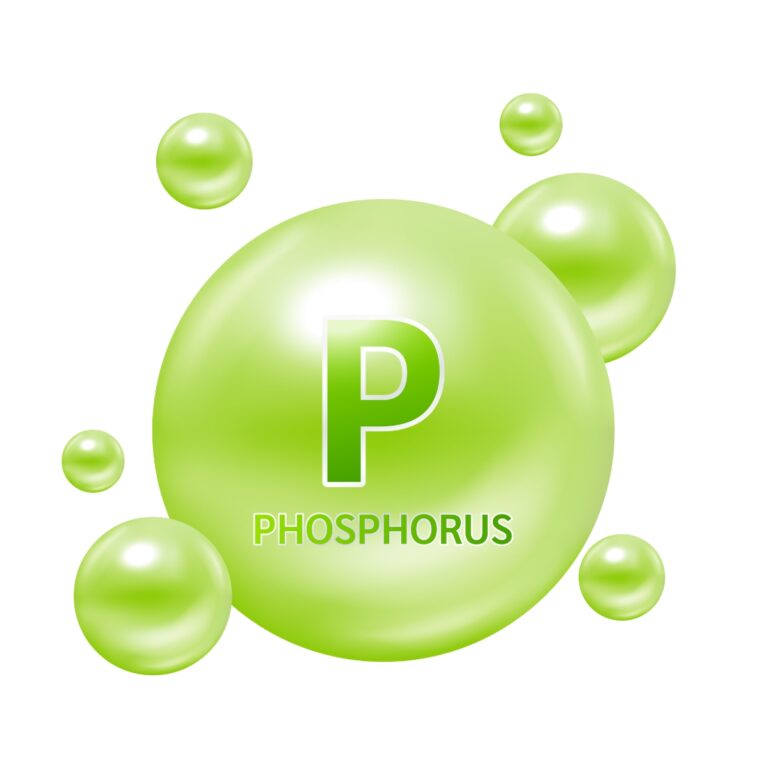
2. Phosphorus in Beverages
Sources of Phosphorus
Phosphorus is naturally found in foods such as meat, fish, nuts, eggs, and dairy products. However, beverages like soft drinks, energy drinks, and packaged fruit juices are also common sources of phosphorus, though it may not always be immediately apparent.
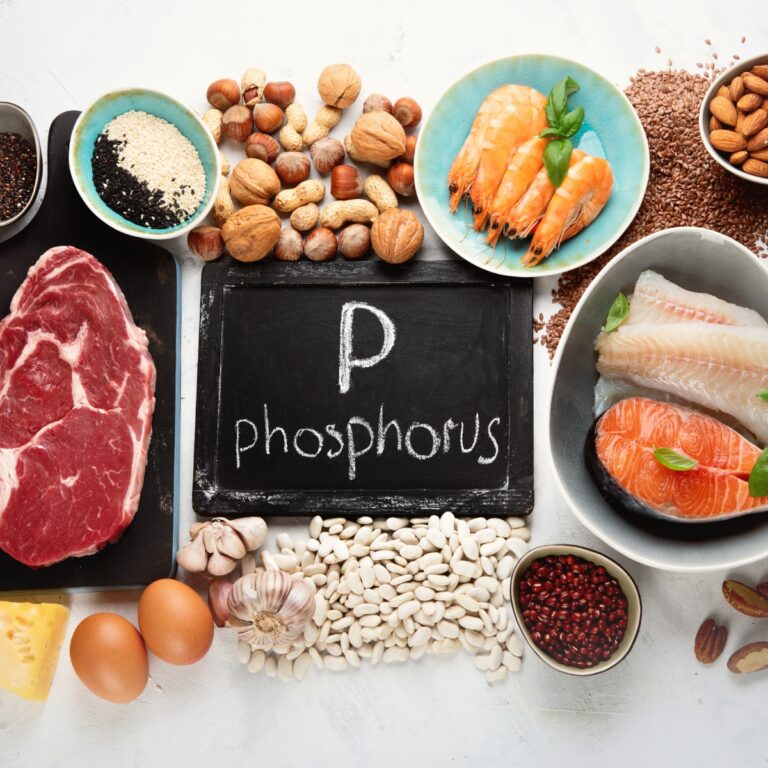
Phosphoric Acid: A Common Ingredient in Beverages
Phosphoric acid (H₃PO₄) is a chemical compound commonly added to soft drinks, especially carbonated beverages like Coca-Cola, Pepsi, and Sprite. Phosphoric acid helps enhance flavor, provides a mild tartness, and acts as a preservative to extend the shelf life of the product.
In addition, some packaged fruit juices and energy drinks may also contain phosphates or phosphoric acid to maintain freshness and prevent spoilage. This is why consuming excessive amounts of carbonated beverages can increase your phosphorus intake without you realizing it.
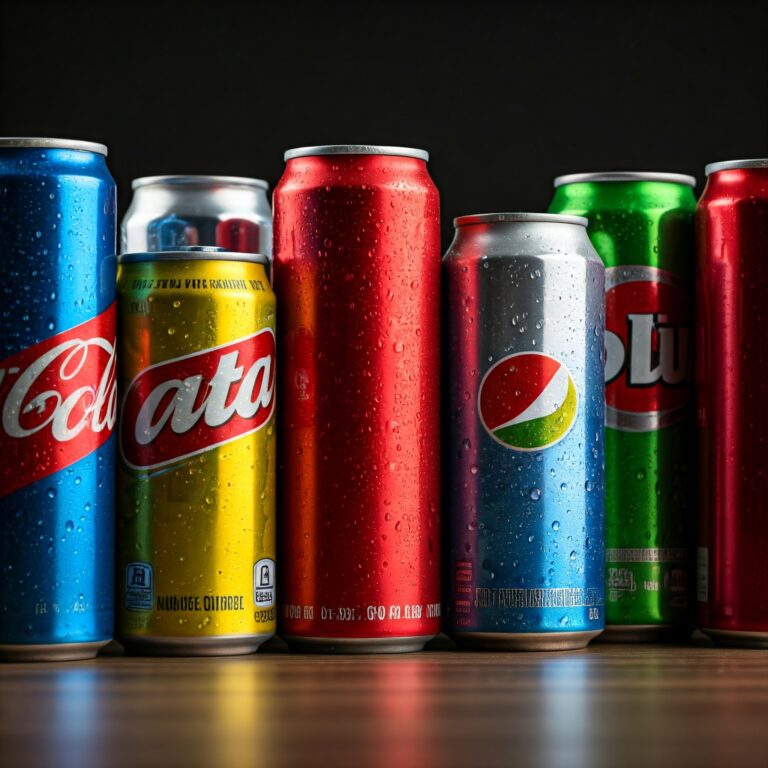
3. Benefits and Risks of Phosphorus in Beverages
Benefits of Phosphorus
Providing Phosphorus to the Body: Phosphorus is a vital mineral for the body, supporting bone and dental health, particularly for people who may have phosphorus deficiencies due to their diet.
Supporting Metabolic Processes: Phosphorus plays a role in the creation of ATP, which is the body’s main energy source, helping to fuel various bodily functions.
Supporting Cellular Functions: Phosphorus is also essential for cell function, including signal transmission and maintaining a stable pH balance in the body.
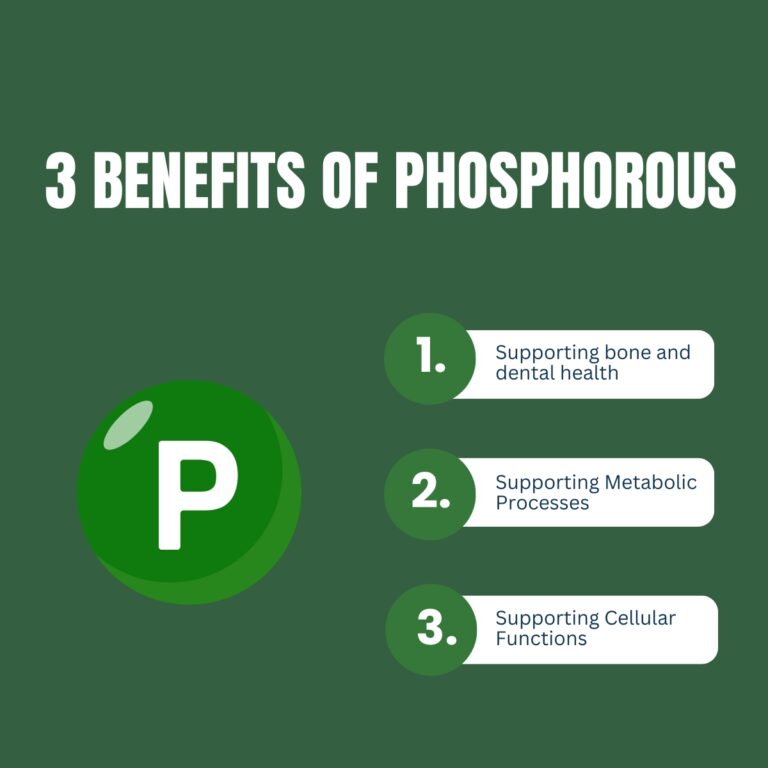
Risks of Excessive Phosphorus Consumption
While phosphorus is essential, consuming too much can lead to several health problems:
Mineral Imbalance: Excessive phosphorus can lead to an imbalance between phosphorus and calcium in the body, potentially reducing bone density and increasing the risk of osteoporosis and fractures, especially in older adults.
Negative Effects on Kidney Function: High phosphorus levels can strain the kidneys, increasing the risk of kidney disease, particularly for those with existing kidney issues.
Premature Aging and Cardiovascular Problems: Studies have shown that excessive phosphorus intake may accelerate the aging process and contribute to cardiovascular issues, such as arterial calcification.
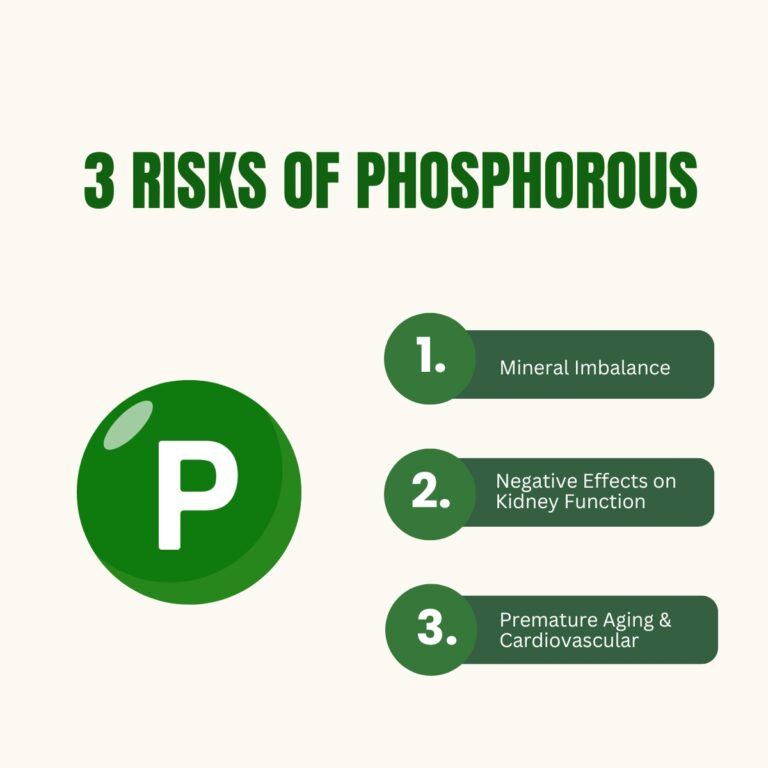
4. Safe Phosphorus Levels in Beverages
Recommended Intake by Nutrition Experts
According to the World Health Organization (WHO), the recommended daily phosphorus intake for adults should not exceed 1,000 mg. However, for individuals with kidney disease or bone-related issues, doctors may recommend lower phosphorus intake levels.
How to Control Your Phosphorus Intake from Beverages
To maintain healthy phosphorus levels, here are a few tips:
Limit Carbonated Soft Drinks: Reduce your consumption of carbonated soft drinks, energy drinks, and other beverages containing phosphoric acid, as these can significantly increase your phosphorus intake.
Opt for Phosphorus-Free Beverages: Choose beverages that do not contain phosphoric acid, such as plain water, mineral water, herbal teas, or fresh fruit juices.
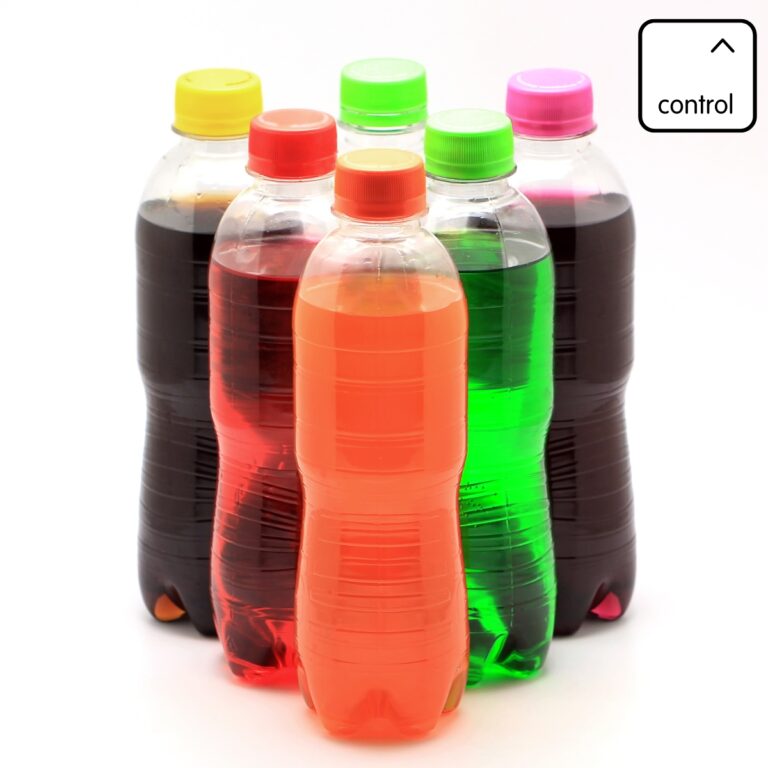
5. Healthier Beverage Alternatives to Phosphorus-Containing Drinks
To reduce phosphorus intake from beverages, consider switching to these healthier alternatives:
Plain Water and Mineral Water: These are safe hydration options that contain no phosphorus, helping to maintain your body’s balance without adding excess minerals.
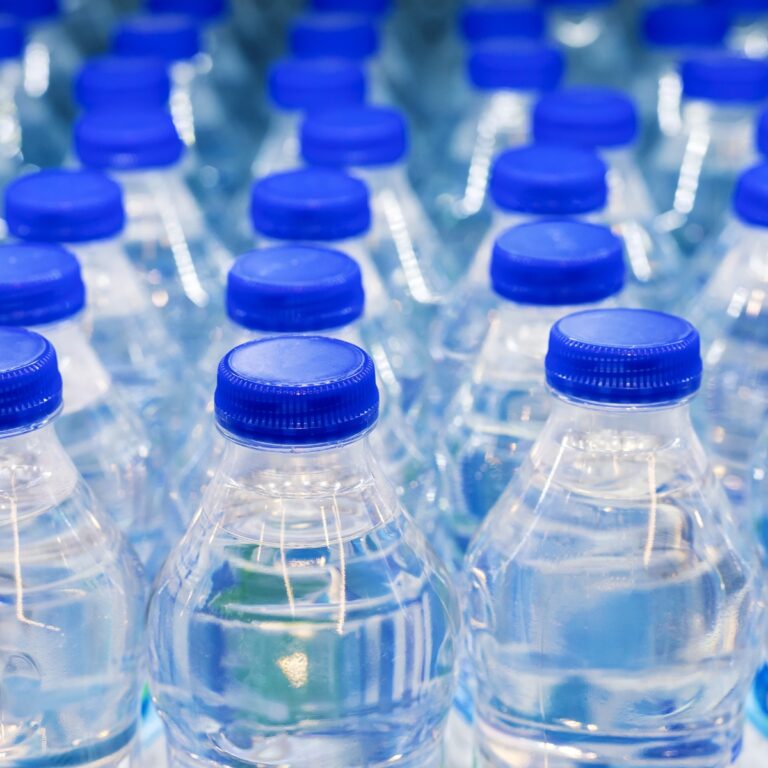
- Fresh Fruit Juices: Freshly squeezed fruit juices like orange juice, apple juice, or pineapple juice are rich in vitamins and nutrients, providing natural refreshment without phosphoric acid.

- Herbal Teas: Herbal teas like green tea, chamomile, or ginger tea are not only relaxing but also offer numerous health benefits without the added phosphorus.

Phosphorus is an essential mineral for the body, but consuming too much phosphorus through beverages containing phosphoric acid can lead to various health problems. To maintain optimal health, it's important to monitor your phosphorus intake and choose healthier beverage options. Limiting carbonated soft drinks and replacing them with water, herbal teas, or fresh fruit juices is an excellent way to reduce phosphorus consumption while promoting overall well-being.

